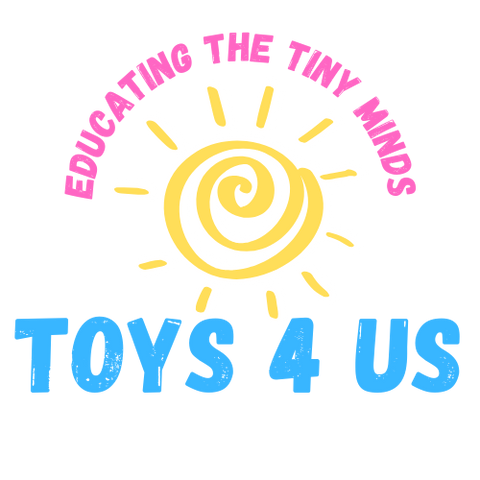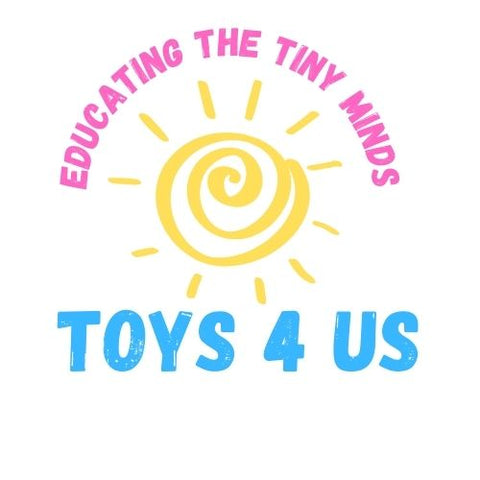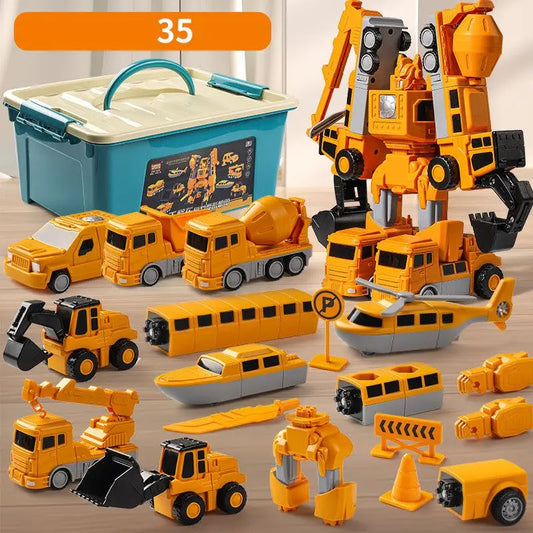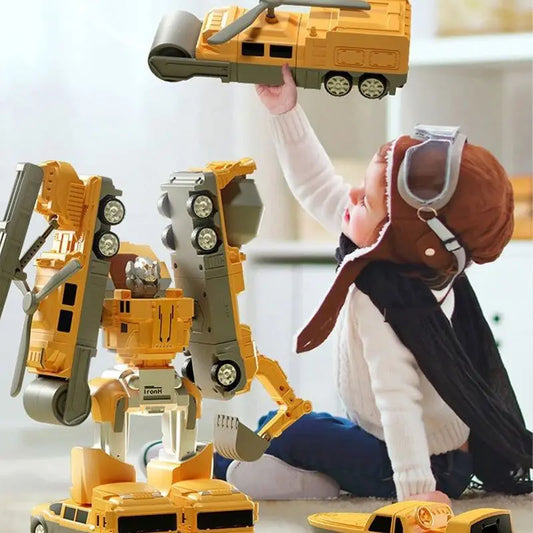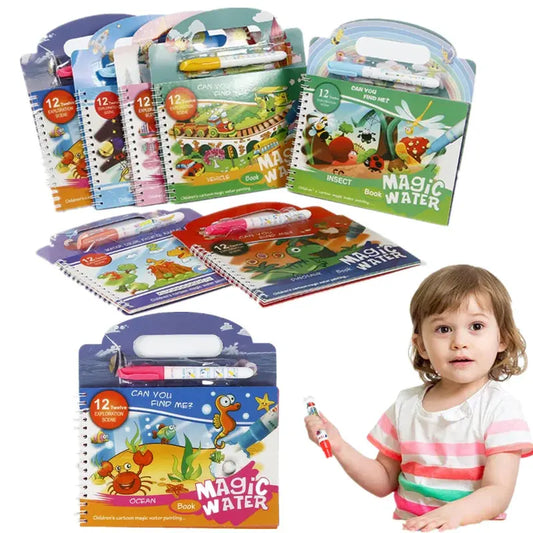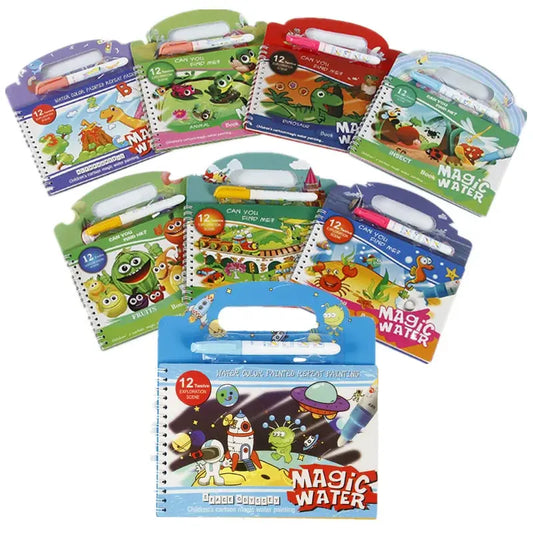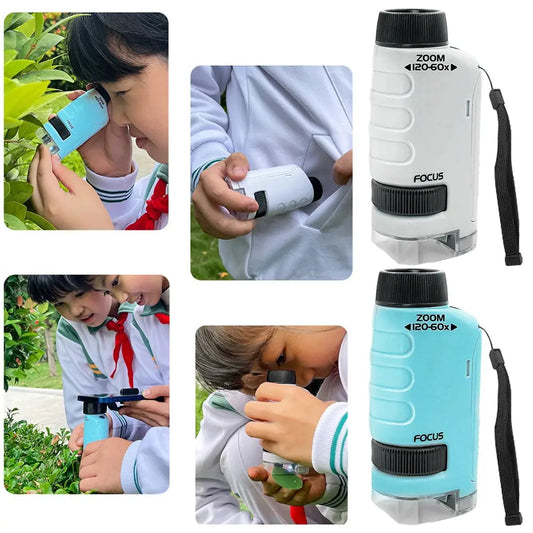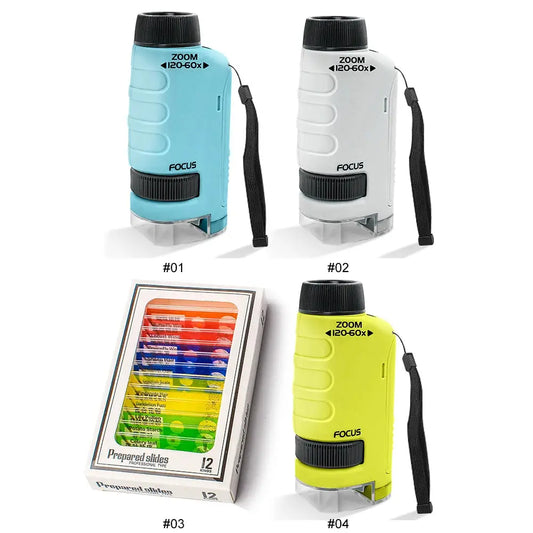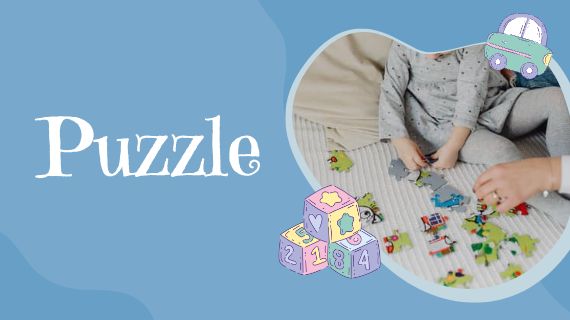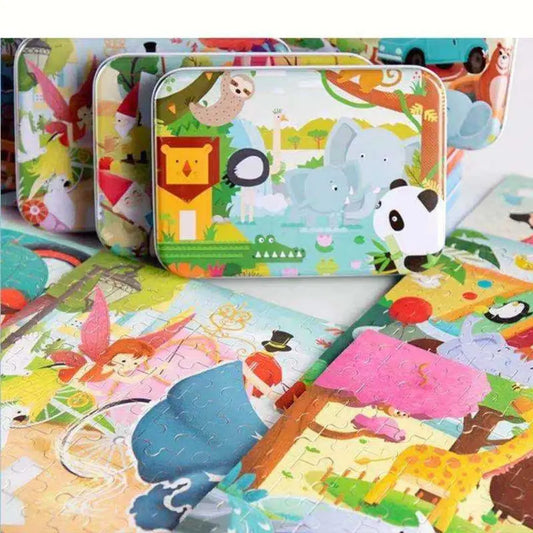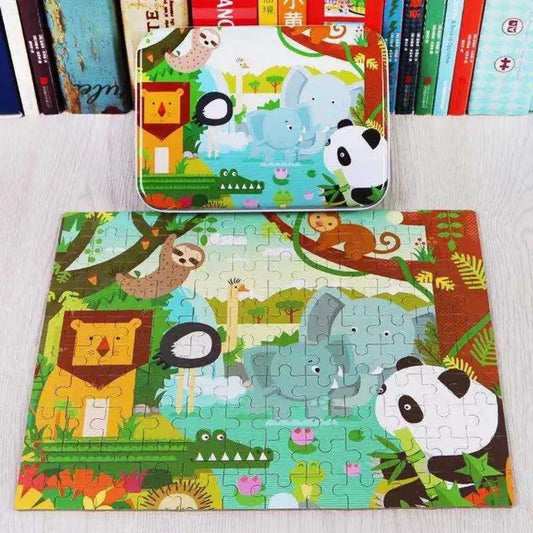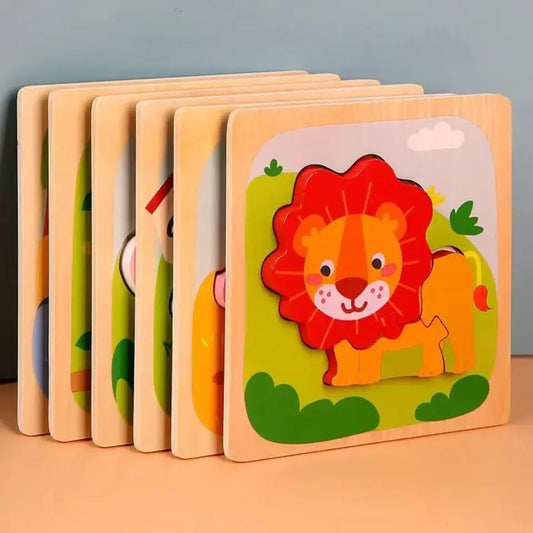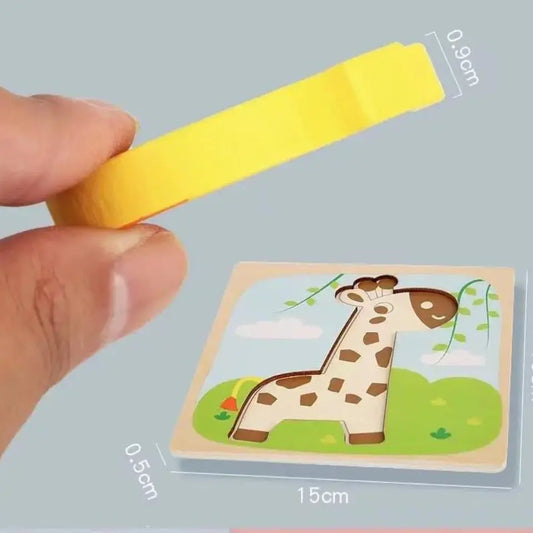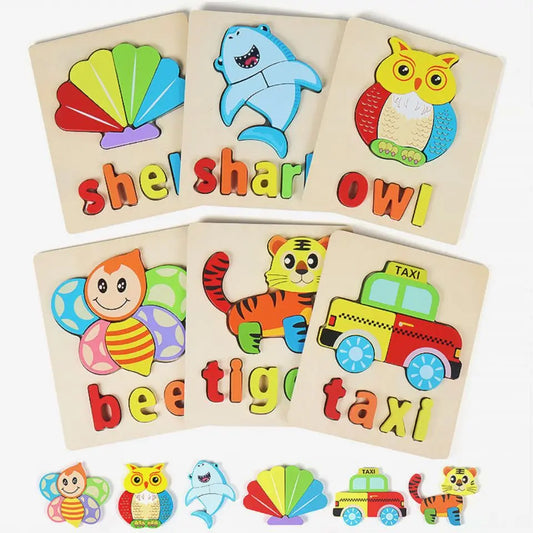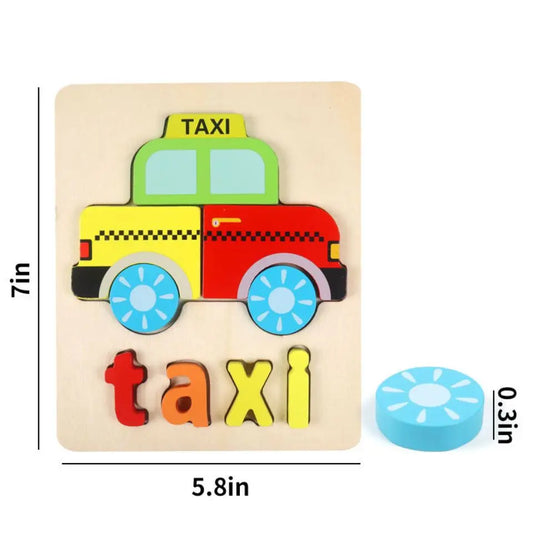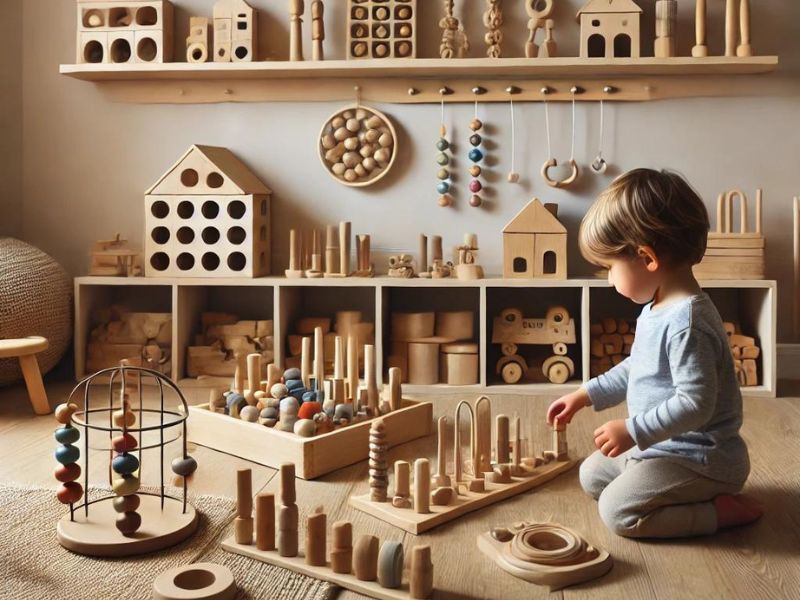A Guide to Montessori Toys for Toddlers in Australia: Montessori toys have become an important tool for supporting early childhood development in Australia. These toys, based on the educational philosophy of Dr. Maria Montessori, are designed to promote hands-on learning and encourage children to explore the world around them. In this Guide to Montessori Toys in Australia, we will discuss how these toys help Promote Independent Learning for Kids and why they are favored by many Australian parents and educators. The growing popularity of Montessori Toys Australia is due to their simple yet effective design, which allows children to develop essential skills through purposeful play.
Montessori toys are different from traditional toys because they focus on specific skills such as problem-solving, motor skills, and creativity. These toys are often made from natural materials like wood, which provide a tactile experience that helps children engage with their environment in a meaningful way. Whether it's stacking rings, puzzles, or sensory toys, Montessori toys are carefully crafted to meet the developmental needs of toddlers, helping them learn at their own pace and build confidence in their abilities. These toys offer an excellent way for toddlers to explore and grow while developing important life skills.
The Montessori Approach to Learning for Toddlers
The Montessori method of education is built on the belief that children learn best through active engagement with their surroundings. During the toddler years (12 to 36 months), children are developing rapidly in terms of motor skills, language, problem-solving, and social interaction. Montessori toys are designed to stimulate this growth by offering open-ended play that encourages exploration and discovery.
Key features of Montessori toys include:
- Natural Materials: Toys are often made from wood, metal, or other natural materials that provide sensory experiences for children.
- Simple, Purposeful Design: Each toy focuses on one or two key skills, such as stacking, sorting, or threading, allowing children to engage in concentrated activities without overwhelming them.
- Self-Correcting Nature: Many Montessori toys allow children to recognize and correct their mistakes independently, fostering problem-solving skills and confidence.
- Open-Ended Play: Montessori toys don’t have a fixed use, meaning children can explore different ways of interacting with them, which nurtures creativity and independence.
Choosing Montessori Toys for Toddlers in Australia
Selecting the right Montessori toys for your toddler requires understanding their developmental needs at this stage. Here are some toy categories and recommendations that align with the Montessori method, specifically suited for toddlers in Australia:
1. Toys That Promote Fine Motor Skills
During toddlerhood, children are refining their ability to use their hands and fingers for precise movements, which is essential for tasks like writing, drawing, and self-care. Montessori toys that promote fine motor skills include:
-
Stacking Rings: Wooden stacking rings help toddlers practice grasping, holding, and releasing objects. These toys teach concepts of size and order while developing hand-eye coordination.
-
Shape Sorters: Shape sorters allow toddlers to fit geometric shapes into their corresponding holes, developing their problem-solving abilities and fine motor control.
-
Threading Beads: Bead threading activities encourage toddlers to use their fingers to string beads onto a thread, building dexterity and hand strength.
These toys are simple yet effective tools for developing fine motor skills while keeping toddlers engaged in hands-on activities.
2. Toys That Encourage Problem-Solving
Montessori toys are excellent for promoting critical thinking and problem-solving skills. Open-ended toys allow toddlers to experiment with different solutions and approaches, fostering their cognitive development. Examples of problem-solving toys include:
-
Puzzles: Simple wooden puzzles challenge toddlers to think logically and spatially as they figure out how pieces fit together. This process encourages focus and perseverance.
-
Building Blocks: Wooden building blocks allow toddlers to experiment with balance, gravity, and structure. These toys also enhance creativity as toddlers build and rebuild different configurations.
-
Sorting Trays: Sorting toys, which involve grouping objects based on color, size, or shape, teach toddlers classification skills and logical thinking.

3. Toys That Support Practical Life Skills
One of the core principles of Montessori education is teaching children practical life skills. Even toddlers can engage in activities that mimic everyday tasks, helping them build independence and self-sufficiency. Practical life toys for toddlers include:
-
Child-Sized Cleaning Tools: Toys like miniature brooms, dustpans, and cloths allow toddlers to practice cleaning and tidying their environment. These activities teach responsibility and motor coordination.
-
Kitchen Playsets: Child-sized kitchen sets or food preparation tools, such as wooden fruit that can be "cut" with a toy knife, allow toddlers to imitate real-life activities. These toys help toddlers develop a sense of autonomy and self-reliance.
-
Dressing Frames: Montessori dressing frames are designed to teach toddlers how to manage buttons, zippers, and ties, which are important skills for personal care.
4. Toys That Promote Sensory Exploration
Sensory play is crucial for toddlers as it helps them understand the world through their senses. Montessori sensory toys are designed to engage toddlers in activities that stimulate sight, touch, and sound. Some examples include:
-
Texture Boards: These boards feature different materials (such as fabric, sandpaper, or fur) that toddlers can touch and explore. Texture boards develop sensory awareness and fine motor skills.
-
Sound Cylinders: Montessori sound cylinders contain different materials that produce various sounds when shaken, helping toddlers develop auditory discrimination.
-
Sand and Water Play: Montessori-inspired sand and water tables allow toddlers to engage in tactile exploration, developing their sense of touch and motor skills.

5. Toys That Encourage Creativity and Imagination
Creativity and imagination are essential components of a toddler’s development. Montessori toys that offer open-ended play allow children to create their own narratives and explore different scenarios. Some toys that nurture creativity include:
-
Wooden Animal Figures: Simple wooden animals encourage imaginative play and storytelling. Toddlers can use these figures to create their own stories and explore the animal kingdom.
-
Play Silks: These colorful silk cloths can be used in various ways—toddlers might wear them as capes, use them as blankets for their dolls, or create imaginary landscapes. Play silks are versatile, allowing children to express their creativity.
-
Art Supplies: Non-toxic, child-safe art materials such as crayons, finger paints, and modeling clay provide toddlers with the opportunity to create and express themselves through art.
The Benefits of Montessori Toys for Toddlers
Montessori toys offer a wide range of developmental benefits for toddlers. These toys not only support physical growth but also help children develop cognitive, social, and emotional skills. Some key benefits of using Montessori toys for toddlers include:
-
Promoting Independence: Montessori toys encourage toddlers to explore and play independently, fostering self-confidence and autonomy.
-
Enhancing Cognitive Skills: Through open-ended play, toddlers develop critical thinking and problem-solving abilities, which are essential for lifelong learning.
-
Developing Fine and Gross Motor Skills: Toys like stacking rings, puzzles, and balance boards help toddlers strengthen their muscles and improve coordination.
-
Building Practical Life Skills: Practical life toys teach toddlers valuable skills like dressing, cleaning, and food preparation, making them more capable and independent.
-
Nurturing Creativity: Montessori toys offer opportunities for imaginative play, allowing toddlers to explore different scenarios, develop stories, and express their creativity.
Conclusion: The Value of Montessori Toys for Toddlers in Australia
As toddlers go through rapid developmental changes, providing them with the right tools and environment is essential for their growth. Montessori toys, with their focus on hands-on learning, independence, and creativity, offer toddlers the opportunity to explore and engage with the world in meaningful ways. In Australia, these toys have become an essential part of early childhood education, both at home and in learning centers.
This guide to Montessori toys for toddlers in Australia highlights the key categories of toys that support fine motor skills, cognitive development, practical life skills, and creativity. By choosing toys that align with your toddler’s developmental needs, you can foster a love for learning, independence, and exploration that will serve them well into the future.
